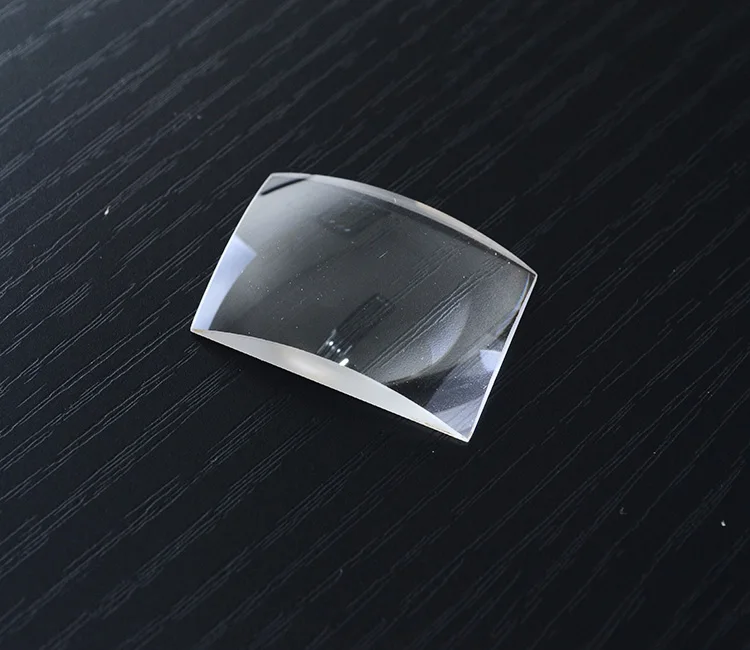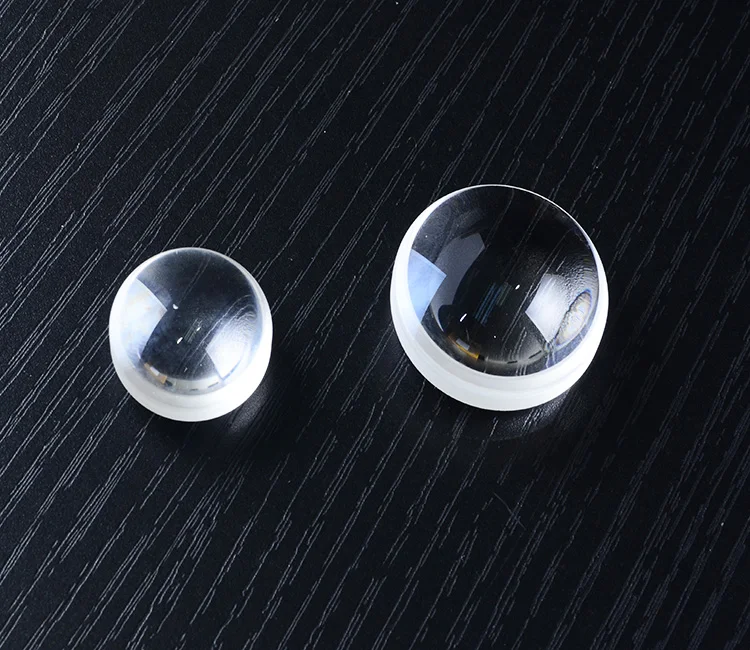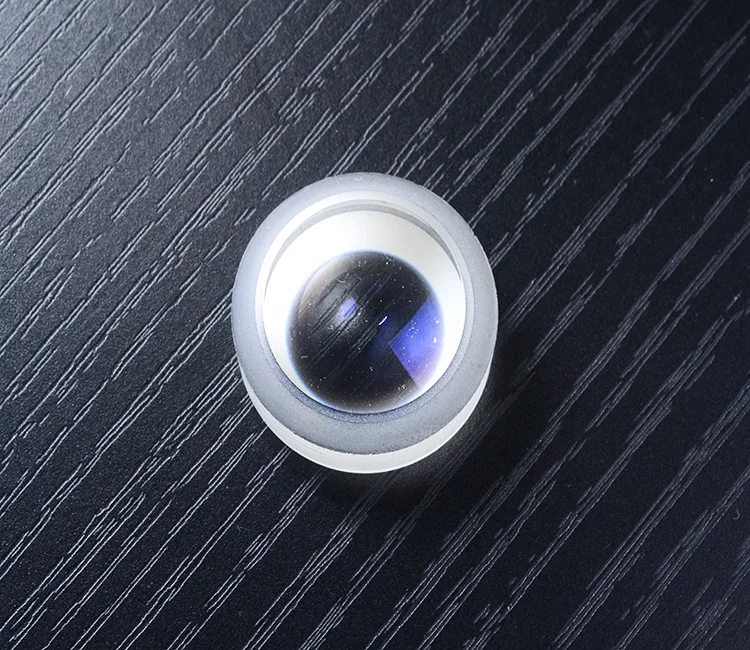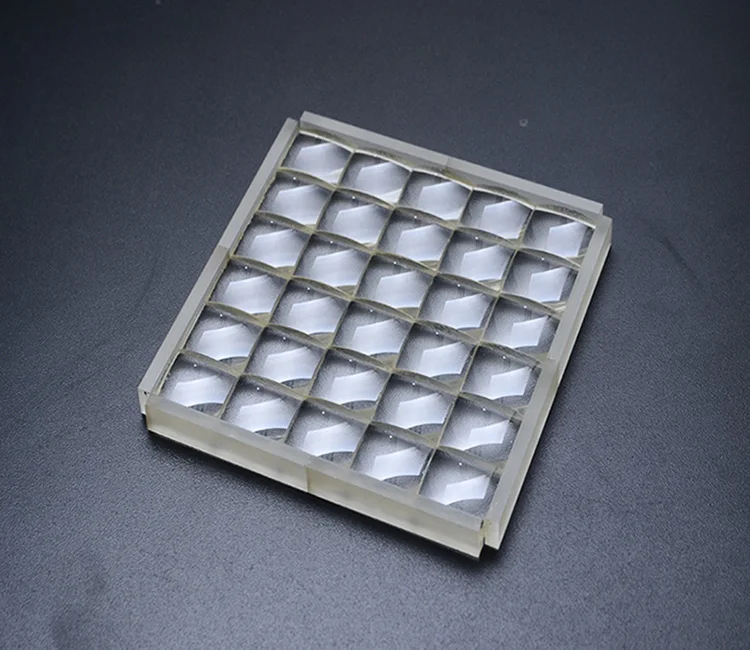Product introduction:
1), Material: various optical glass.
2), Shape: concave, convex, flat, etc.
3),Type: Flat-convex lens, flat-concave lens, double-convex lens,
4), Usage: optical achromatic.
6), Accuracy (the highest)...

Product introduction:
1), Material: various optical glass.
2), Shape: concave, convex, flat, etc.
3),Type: Flat-convex lens, flat-concave lens, double-convex lens,
4), Usage: optical achromatic.
6), Accuracy (the highest)...
1), Material: various optical glass.
2), Shape: concave, convex, flat, etc.
3),Type: Flat-convex lens, flat-concave lens, double-convex lens,
double-concave lens, etc
4), Usage: optical achromatic.
5), Structure: concave-convex.
6), Accuracy (the highest): N=2/ N=0.5 B=40/20; C=0.01
7),Specification: In accordance with the drawing, you can provide us your drawing,
or you tell us the main parameters, then we will design the drawing and
customize this lens for you.
A thermographic lens (also called an infrared lens or thermal imaging lens) is a device that forms an image using infrared radiation, similar to a common lens that forms an image using visible light. Instead of the 400–700 nanometre range of the visible light lens, infrared lens operate in wavelengths as long as 14,000 nm (14 µm). Their use is called thermography.
| Material | BK7, BK7, silicon, germanium,sapphire | |
| Size | according to your requires | |
| Thickness | according to your requires | |
| Diameter Tolerance | ±0.10 | |
| Thickness Tolerance | ±0.2 mm | |
| Aperture | according to your requires | |
| Surface Quality (Scratch-Dig) | 60-40 (according to your requires) | |
| Used | Imaging | |
| Shape | Plano-convex (according to your requires) | |
| Centration | <3′ | |
| Clear aperture | >= 90%central of the diameter | |
| Wavelength | according to your requires | |
| Coating | Uncoated (according to your requires) | |
| Surface reflectance | 30% (per one surface) | |




Product Description
Infrared energy is just one part of the electromagnetic spectrum, which encompasses radiation from gamma rays, x-rays, ultra violet, a thin region of visible light, infrared, terahertz waves, microwaves, and radio waves. These are all related and differentiated in the length of their wave (wavelength). All objects emit a certain amount of black body radiation as a function of their temperatures.
Generally speaking, the higher an object's temperature, the more infrared radiation is emitted as black-body radiation. A special lens can detect this radiation in a way similar to the way an ordinary lens detects visible light. It works even in total darkness because ambient light level does not matter. This makes it useful for rescue operations in smoke-filled buildings and underground, it is thermographic lens.
Applications
Thermographic cameras have slowly migrated into other fields as varied as medicine and archeology. More recently, the lowering of prices have helped fuel the adoption of infrared viewing technology. Advanced optics and sophisticated software interfaces continue to enhance the versatility of IR cameras.
Night vision
Building inspection
Fault diagnosis and troubleshooting
Law enforcement and anti-terrorism
Thermography (medical) - Medical testing for diagnosis
Program process monitoring
Astronomy, in devices such as the Spitzer Space Telescope
Automotive night vision
Chemical imaging
Data Center monitoring
Nondestructive testing
Research and development of new products
Pollution effluent detection
Meteorology (thermal images from weather satellites are used to determine cloud temperature/height and water vapor concentrations, depending on the wavelength)
Cricket Umpire Decision Review System. To detect faint contact of the ball with the bat (and hence a heat patch signature on the bat after contact).
Related Products
2015 © Shanghai Hengxiang Optical Electronics Co,ltd. all rights copyright Address:Building7,Lane 115,No.1276 Nanle Road,SongJiang,Shanghai,201600 Tel:021-54613487 备案号:沪ICP备12023089号
